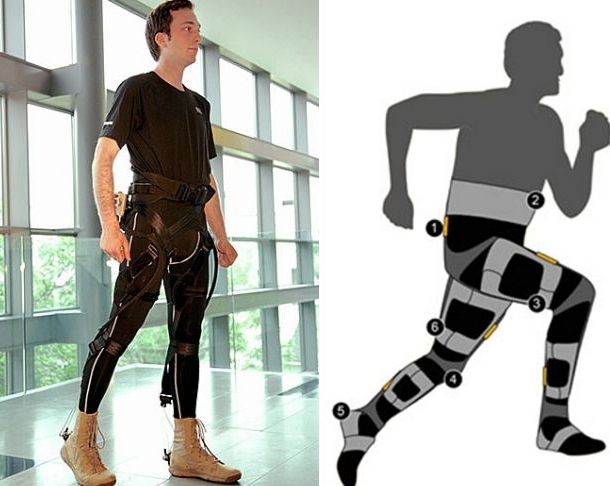Too funny; 2 days ago the article was that Musk feared the future of Singularity and Cyborgs; now he believes that we should become cyborgs. Musk needs to make his mind up; however, I am beginning to wonder about him.
Related: Elon Musk thinks we’re basically living in the Matrix, and we should be glad about it
This week, in a conversation at Recode’s annual Code Conference, Musk shared a tentative idea for something called “neural laces,” which he imagines could mitigate the risk of humanity becoming something of a pet to superintelligence.
“The solution that seems maybe the best one is to have an AI layer,” he said. “So think, if you have your limbic system, your cortex, and then a digital layer — sort of a third layer, above the cortex — that could work well and symbiotically with you. Just as your cortex works symbiotically with your limbic system, this digital layer would work symbiotically with the rest of you.”









